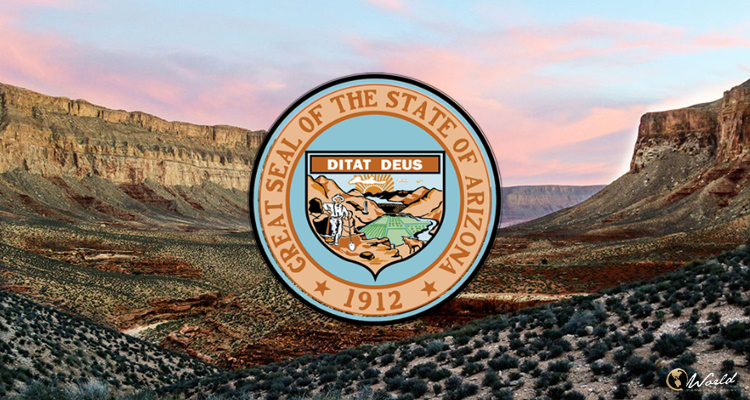According to the latest press release of the Arizona Department of Gaming, the total amount of sports wagers placed across the state in April 2023 reached the level of more than $535 million. In the same report, the regulator indicated that the April 2023 figure is 4.5% higher than the sports wagering handle experienced by Arizona bettors and operators in April of 2022.
$535 Million in Wagers:
According to the report of the state regulatory agency for tribal gaming and sports wagering, the majority of sports wagers were placed online. Indeed, mobile operators in Arizona received as much as 99% of all the bets placed during the observed month with brick-and-mortar sports books accounting for only 1% of all the wagers to showcase that online wagering continued to be the most convenient wagering method in the state.
99% of Online Bets:
Retail locations reportedly accepted around $4.6 million in wagers to stand for the 1% turnover. As 99% of bets were placed through mobile operators in the state, these handled almost $500 million in bets to represent 99 percent of all wagers placed in Arizona in April 2023.
Available Sports Betting Operators:
In April, bettors in Arizona could wager through 17 mobile sports betting (event wagering) operators, as well as 25 retail sports betting locations across the state. In addition to online and land-based sports betting operators, there are 7 fantasy sports operators licensed for betting. According to the report indicating that the total of $535 million in bets were accepted in the state in Arizona, it seems that the fantasy sports operators roughly handled around $30 million in bets in April.
Total Privilege Fees Arrived at $46 Million :
Such a handle facilitated a lucrative tax collection from the state that collected privilege fees totaling $3.4 million in the same month. The Arizona Department of Gaming thus added the April privilege fee to the total amount aggregated since the 2004 launch of legal operations to more than $46 million as of April 30,2023.
Problem Gaming Prevention:
As the regulator provides and supports education, prevention, and treatment programs for people and families impacted by problem gambling, these assets are reportedly funneled to multiple schooling development projects, as well as gambling-related educational programs aimed at prevention of problem gambling through responsible gaming learning and implementation projects.
Last but not the least, the regulatory body sponsors treatment programs intended to repair the consequences of problem gaming and implement these programs to help the affected individuals get through the treatment. The Arizona Department of Gaming may be reached through its Division of Problem Gambling and 24-hour confidential helpline, 1-800-NEXT-STEP.



